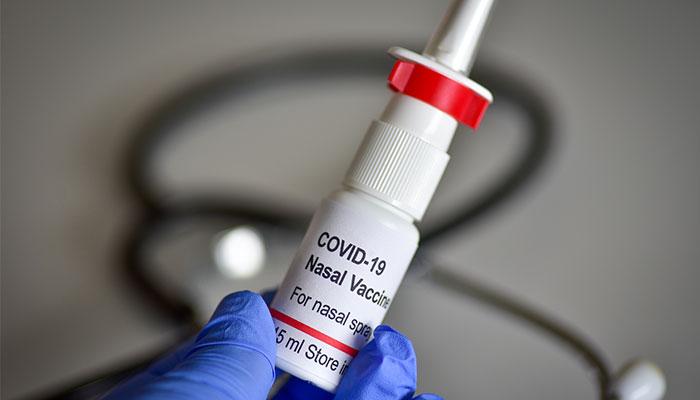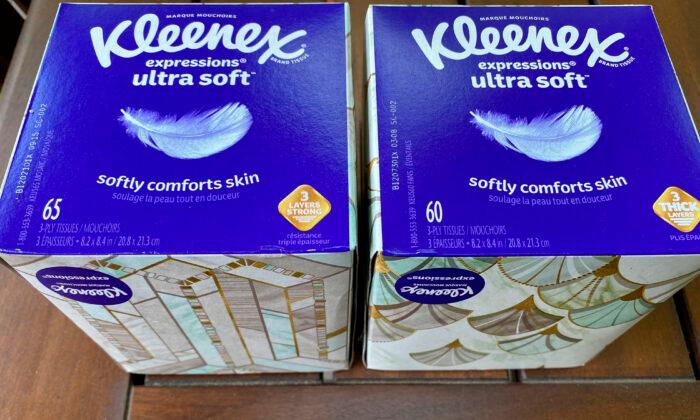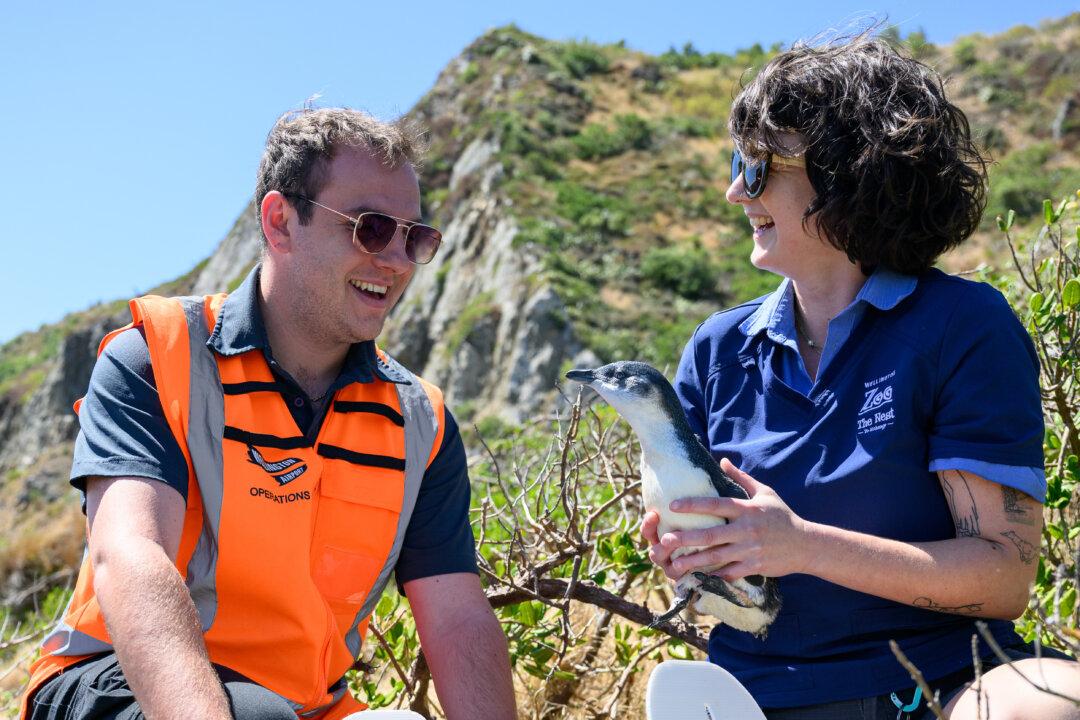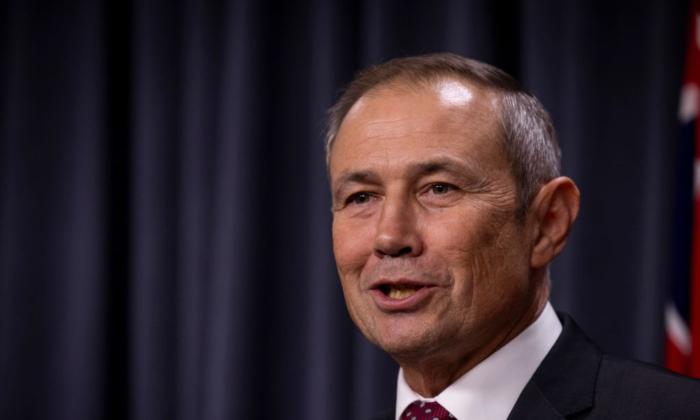Australian researchers say they could deliver a breakthrough for COVID-19 vaccinations worldwide, allowing nurses to finally put down the syringe as a study to administer the medicine via a nasal spray gets a boost.
The New South Wales (NSW) government has given Macquarie University Prof. Daniela Traini and University of NSW professor Pall Thordarson—core members of the NSW RNA Vaccine Production and Research Network—a $100,000 grant to deliver a needleless COVID-19 vaccine.
They will be working with Sydney-based biotech company Medlab to investigate the use of nanotechnology to provide the same approved vaccines.
Traini said her challenge is to ensure the vaccine is kept intact and fully functional within the nasal cavity.

An alternative to the injection can alleviate the fear of needles often prevalent in many people, especially as Australia recently approved COVID vaccinations for children as young as five.
Last month, Australia’s vaccination rollout to 2.3 million children aged between five and 11 began ahead of the return to school.
“It may be that the vaccines will not need to be refrigerated in this state, and if so, it could prove to be extremely important for people in remote areas without electricity, where it’s challenging to store the frozen vaccine at the required temperature of minus 70 degrees Celsius,” Traini said.
“If this is the case, it could prove to be a gamechanger not only for remote communities in Australia but for Third World countries.
Nasal spray delivery of vaccines would also address the shortage of hospital staff.
“It would ease pressure on the medical workforce as there would no longer be a need for trained personnel to administer vaccinations, and medical waste would be cut,” she said.
Nasal sprays aren’t new technology as previously, the flu vaccine has already been successfully administered via the same method. In addition, other vaccines such as polio and rotavirus have been delivered as oral drops.
“Oral drops wouldn’t work for mRNA vaccines, as they would be broken down by the digestive process before they could take effect,” Traini said.
The study is expected to take half a year, with trials to follow if it is successful.
Research has been carried out in countries around the world to develop nasal sprays to help prevent and treat COVID-19, particularly given that the lining of the nose has been identified as a key entry point for the virus.
The company said that Viraleze “inactivates viruses by blocking the interaction between viral surface proteins and the human cell receptor proteins.”





